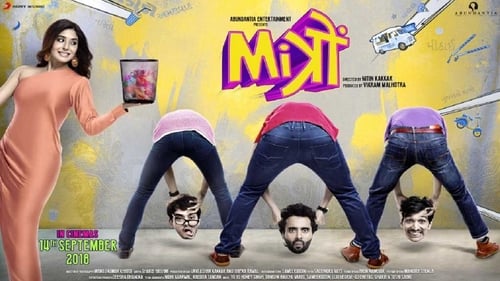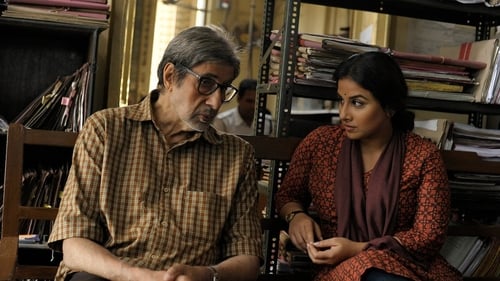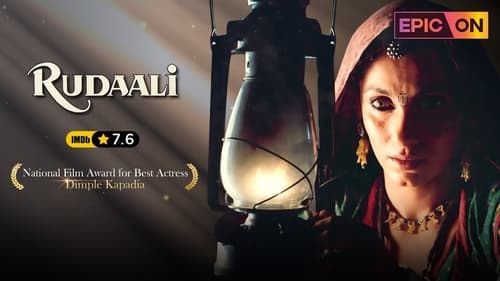
Avni's Father
Jai (Jackky Bhagnani), born and brought up with middle-class values, has a ‘take it easy’ approach to life. Since he doesn't believe in herd mentality, he and his two best friends, Raunak (Pratik Gandhi) and Deepu (Shivam Parekh) start looking for unique ways to make it big in the world. During this trial and error phase, Jai realizes his dream. But his decision of choosing an unprofitable career path doesn’t go down too well with his father (Neeraj Sood), who has bigger aspirations for him. Therefore, in order to bring stability in his life, his father decides to get him married. Destiny, however, has something else in store for Jai, when he accidentally meets Avni (Kritika Kamra), an ambitious, MBA graduate, who wants to start her own business. Set in the backdrop of the Gujarati milieu, the film traces Jai and Avni’s personal journey, as they both find themselves and discover the true meaning of friendship in the bargain.

Tejas Walia
Upon realizing the extent to which women are affected by their menses, a man sets out to create a sanitary pad machine and to provide inexpensive sanitary pads to the women of rural India.

Dr. Abhay Kumar
대학교수인 사우라브의 아내가 실종된다. 그는 경찰 조사가 진행되는 동안 집에 머무는데, 시간이 흐를수록 현실감각이 흐려져 간다.

Hari Prakash
유괴된 손녀를 8년째 찾아 헤매는 할아버지. 어느 날 날아든 새로운 단서를 따라 위험한 추격을 시작한다.

School Principal
The friendship of four friends turns sour after one of them gets a love letter.

Shanichari is a beautiful girl born in lower cast and her life is full of sufferings because of lower cast, poor finances, lost parents, drunken husband, mischievous son. The title refers to a custom in some parts of Rajasthan—where aristocratic women were long kept secluded and veiled—of hiring professional women mourners on the death of a male relative, a rudaali (pronounced “roo-dah-lee”—literally, a female “weeper”) to publicly express the grief that family members, constrained by their high social status, were not permitted to display—or at times, perhaps did not feel. Underwritten by the National Film Development Corporation (NFDC) and Doordarshan (Indian national television) and based on a short story by famed Bengali author Mahasweta Devi—whose tales often focus on the travails of low-caste women.


